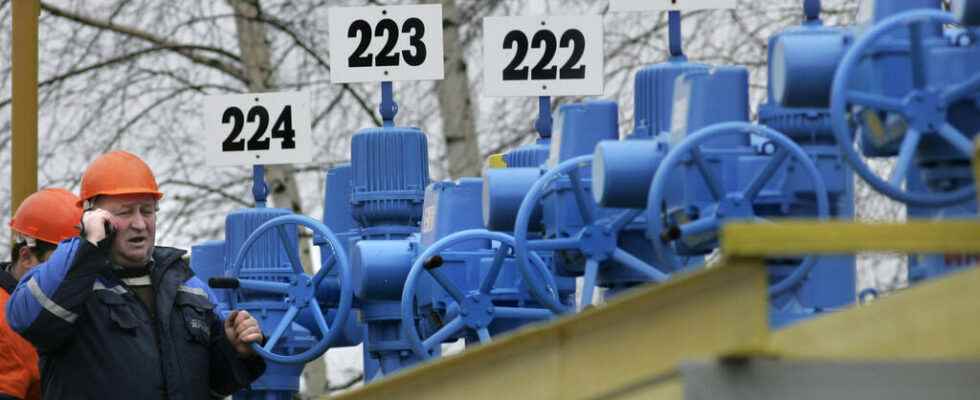It’s a victory for Viktor Orbán. EU Heads of State and Government gave in to the Hungarian Prime Minister. Admittedly, they agreed to ban more than two-thirds of Russian oil imports and put an end to 90% of them by the end of the year. But this will only affect imports by sea. Hungary will therefore continue to receive Russian black gold by pipeline.
With our correspondent in Budapest, Florence La Bruyere
The Hungarian Prime Minister won his case, his blackmail paid off.
The leaders of the 27 member states of the European Union have agreed to ban more than two thirds of Russian oil imports and end 90% of them by the end of 2022. The measure aims to dry up the resources of the war machine from Moscow.
However, this will only affect imports by sea, not by land. Hungary will therefore be able to continue to receive the oil which arrives from Russia by pipeline, which was demanded by Viktor Orbán, who threatened not to vote for the sanctions if his demands were not met.
►Read again: The day the EU agreed to reduce its imports of Russian oil
Derogations for Prague and Bratislava too
Hungary has no access to the sea, and 65% of its oil comes from Russia, via the Druzhba pipeline. Mr. Orbán has also obtained guarantees in the event of a cut in the pipeline which supplies his country via Ukraine. In this case, Budapest could import Russian hydrocarbons by sea.
Finally, Viktor Orbán asked the European Union to finance the transformation of Hungarian refineries, so that they can adapt to other types of oil. He got 800 million euros.
The Czech Republic and Slovakia, equally dependent on Russian oil, have also obtained exemptions. Prague will thus be able to continue to resell petroleum products to Russia for several months.
►Read also: Faced with the embargo on Russian oil, new alternative routes are emerging
On the other hand, Viktor Orbán was the only one among the heads of state and government to threaten not to vote for the agreement. ” He held us hostage for a month sighs a European diplomat. The Hungarian leader finally agreed to lift his veto, once his demands were granted.
The longest oil pipeline in the world
In Russian, Druzhba means friendship. This pipeline, the longest in the world with its 4,000 kilometers, provides about a third of European oil supplies, and up to 65% of the consumption of Hungary, a landlocked country.
It was put into service in the early 1960s to supply crude to the countries of Central Europe, at the time considered brothers by the Soviet Union.
About one million barrels per day pass through it, nearly a tenth of Russian production. Druzhba first crosses Belarus, where it splits; the northern branch serves Germany, Austria and Poland, and the southern branch serves Hungary, the Czech Republic and Slovakia.
Even if they are not forced to do so, Berlin and Warsaw have also undertaken to stop their imports via this pipeline. Consequently, 90% of Russian oil exports to the European Union will therefore be stopped by the end of the year.
Discussions will then take place for the extension of the embargo to deliveries by Druzhba, which is therefore an important route for the transport of oil to European countries, explains Altin Lazajjournalist in the economics department of RFI.
